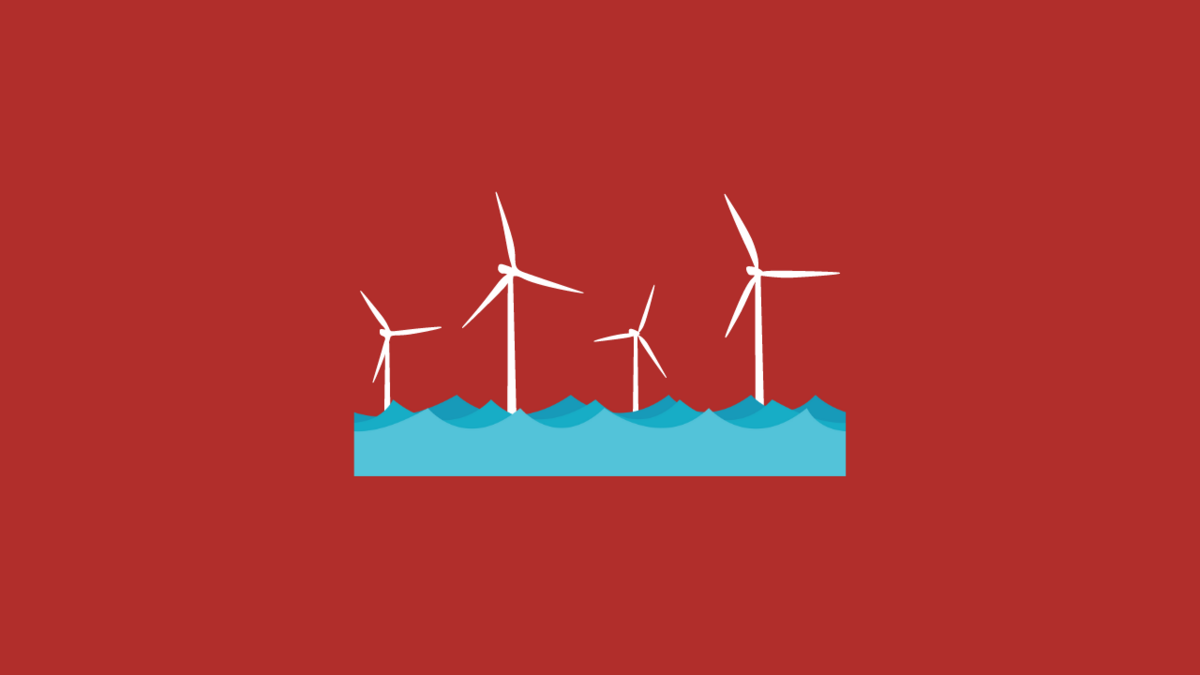Favourable Wind

Hi ZipLawyer! I'm Ludo Lugnani and this is ZipLaw: an independent newsletter covering the best commercial and legal news from the day. We explain how each story impacts law firms and their clients so that you can stand out in interviews and applications.
Today's newsletter is a ~6 min read:
- 🌬️ Favourable Wind: How offshore wind power is attracting industry and infrastructure to the North Sea.
- ➕ Plus: Qatar Fund targets football investments, Virgin Orbit fails, , SBF inner circle meets with federal prosecutors, and leaders speak out on Brazilian riots.
🤿 Deep Dive
Favourable Wind
In brief:
- The North Sea region's shift to renewable energy, particularly offshore wind power, is attracting industry and infrastructure.
What's going on?
Europe's northern coasts are becoming home to a new economy based on renewable energy, particularly wind power in the North Sea. The region has strong winds and a shallow seabed, making it an ideal location for offshore wind farms.
A group of nine countries in the North Sea region have plans to install 260 gigawatts of offshore wind power by 2050, nearly five times the current global total, which has attracted industries to the area ranging from data centres to steel makers.
Attracting investment
Data centres are thriving in the North Sea region due to the low electricity prices, which make data processing more affordable, as well as the region's skilled workforce, stable institutions, and favourable data laws. The cold climate in the North Sea region also allows for data centres to be cooled by circulating outside air, eliminating the need for costly cooling systems.
Major cloud providers like Amazon Web Services and Microsoft Azure have also built data centres in the Nordics. The demand for data centres in the region is expected to grow by 17% per year until 2030.
On Germany’s North Sea coast, plans are in motion to build facilities to turn easier-to-transport ammonia into hydrogen, to fuel factories in nearby industrial parks. Even parts of steelmaking could eventually move north, as hydrogen replaces coal or gas in the manufacturing process.
- Why does this matter? The rise of the new coastal economy in the North Sea region could provide a model for other parts of Europe with renewable energy potential, such as the Iberian peninsula's solar potential. It could also help Europe achieve its climate goals and diversify its energy mix away from countries like Russia. The is also becoming a hub for sustainable digital services and boosting tech investments in the area.
💼 What does this mean for law firm's clients?
Subscribe to ZipLaw+ to read the rest.
Become a paying subscriber of ZipLaw+ to get access to this post and other subscriber-only content. Upgrade
A subscription gets you:
✓ Exclusive Newsletters with my best stories to discuss in interviews and applications
✓ Unlimited Access to ZipTracker Database
✓ No ads
✓ Support what we do and keep us going!






